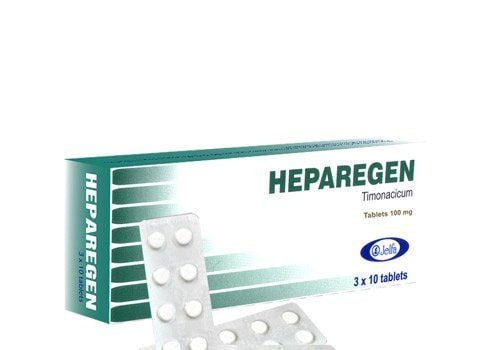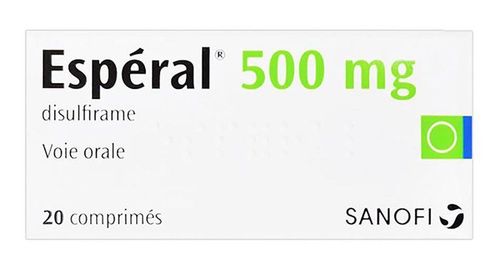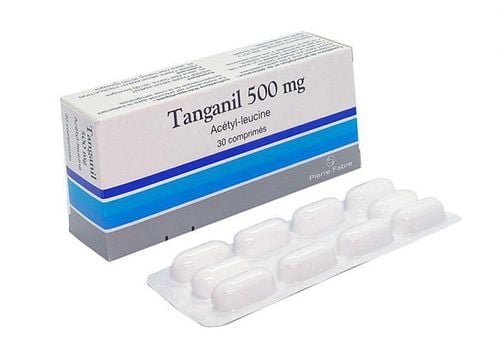A hangover is the unpleasant aftermath of excessive alcohol consumption. This term is also informally known as "the after-drunk state." While there are many suggested remedies for hangovers, scientific evidence supporting their effectiveness remains limited or largely theoretical. However, certain strategies show potential in alleviating hangover symptoms.
1. What is a hangover?
A hangover is a condition that includes various unpleasant physiological and psychological effects following the consumption of alcoholic beverages such as wine, beer, and spirits. Hangovers can last for several hours or more than 24 hours. Typical hangover symptoms may include headaches, drowsiness, difficulty concentrating, dry mouth, dizziness, fatigue, digestive disturbances (such as vomiting and diarrhea), increased appetite, heightened emotional sensitivity, depression, sweating, nausea, irritability, discomfort, and anxiety.
While the exact cause of hangovers is not fully understood, several factors are known to contribute, including the accumulation of acetaldehyde, immune system alterations, glucose metabolism disruption, dehydration, metabolic acidosis, impaired prostaglandin synthesis, increased cardiac output, vasodilation, sleep deprivation, and nutritional deficiencies. Additionally, additives or byproducts such as ethanol congeners found in alcoholic beverages play a significant role. Symptoms typically appear after the intoxicating effects of alcohol begin to wear off, usually the morning after excessive drinking.

2. Avoid drinks with high levels of congeners
is the primary active ingredient in alcoholic beverages, but these drinks also contain other ethanol congeners.
During alcohol fermentation, yeast converts starches into ethanol. Simultaneously, various ethanol cong eners are produced.
These compounds can be toxic to the body and include methanol, isopentanol, and acetone. Alcoholic drinks with high congener content increase the severity and frequency of hangovers. Two studies have shown that methanol, a common ethanol congener found in alcohol, is closely linked to hangover symptoms.
Drinks with high congener content include whiskey, cognac, and tequila. Bourbon whiskey, in particular, contains high levels of ethanol congeners. On the other hand, clear spirits such as vodka, gin, and rum have lower congener content, with vodka containing almost none.
In comparative studies on vodka (low-congener) versus whiskey (high-congener), both the frequency and severity of hangovers were greater in those who consumed whiskey than in those who drank vodka.
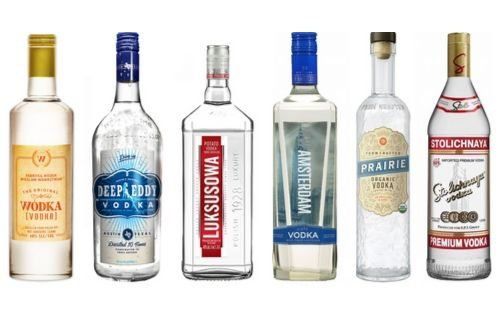
You can significantly reduce the severity of hangovers by choosing alcoholic beverages with low congener content, such as vodka, gin, or rum.
3. Have an alcoholic drink the next morning
Treating a hangover by drinking more alcohol the next morning may seem counterintuitive, but it is a well-known method for temporarily relieving hangover symptoms. While this approach has not been scientifically proven effective, there is some intriguing biochemical reasoning behind it.
Drinking alcohol is believed to influence methanol metabolism—a congener commonly found in small amounts in alcoholic beverages.
After consumption, your body converts methanol into formaldehyde, a highly toxic substance. Formaldehyde may be a major cause of hangover symptoms. Therefore, consuming an additional amount of ethanol-containing alcohol the next morning after excessive drinking may inhibit this harmful metabolic process, preventing the formation of toxic formaldehyde in the body.
Instead, methanol is eliminated from your body through respiration and urination. This is why ethanol is commonly used as a treatment for methanol poisoning. However, drinking an alcoholic beverage in the morning is not strongly recommended as a method for treating hangovers. Rather, this approach merely delays and prolongs methanol absorption, allowing the body to naturally eliminate these toxic substances.
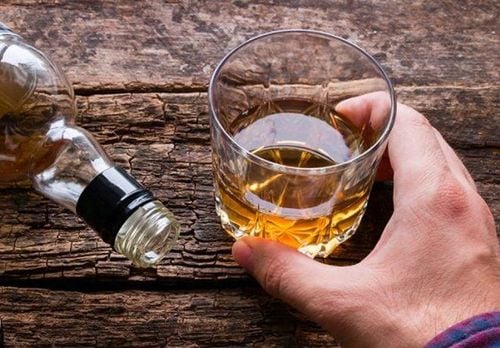
Drinking alcohol in the morning may help alleviate hangover symptoms, but it increases the risk of alcohol dependence and poses greater health risks due to the harmful effects of ethanol itself. Consuming an alcoholic beverage the next morning is a well-known hangover remedy; however, this method may be more detrimental to health than the benefits it provides in reducing hangover symptoms.
4. Drink plenty of water
Alcohol is a diuretic, meaning it increases urine production, leading to dehydration. While dehydration is not considered the primary cause of hangover symptoms, it can contribute to headaches, fatigue, dry mouth, and thirst.
However, dehydration is easy to manage—simply ensuring adequate water intake can significantly alleviate these symptoms. A good rule of thumb is to drink a glass of water or another non-alcoholic beverage alongside alcoholic drinks and have at least one large glass of water before bed.
5. Get enough sleep
Alcohol can interfere with your sleep, reducing both sleep quality and duration. Drinking excessively may also disrupt your sleep schedule, especially if you drink late at night. Although sleep deprivation is not the main cause of hangovers, it can contribute to the fatigue and discomfort associated with them.
Getting enough rest after drinking alcohol can help your body recover. If you find it difficult to sleep after drinking, it may be a sign that excessive alcohol consumption is not ideal for your health.

6. Eat a nutrient-rich breakfast
Hangovers are sometimes linked to low blood sugar levels, known as hypoglycemia. This issue tends to be more pronounced in individuals with pre-existing low blood sugar.
While hypoglycemia is not the primary cause of hangover symptoms, it can contribute to fatigue, weakness, and headaches. Eating a nutritious breakfast or a late-night meal after drinking can help stabilize blood sugar levels.
7. Consider dietary supplements
Inflammation plays a role in tissue repair and infection prevention. Evidence suggests that many hangover symptoms are associated with abnormal levels of inflammatory markers. In fact, some anti-inflammatory medications have been shown to be effective in reducing hangover symptoms.
Several plant-based and herbal supplements may help reduce inflammation and prevent hangovers. Some promising dietary supplements for hangovers include red ginseng, ginger, and prickly pear.
Prickly pear is a highly valued fruit known for its health benefits. It is the fruit of the Opuntia ficus-indica cactus, believed to originate from Mexico. In a study of 55 young, healthy individuals, consuming prickly pear extract five hours before drinking alcohol reduced the risk of severe hangover symptoms by 62%.
While these supplements may not completely prevent hangovers, plant-based functional foods can significantly alleviate symptoms.
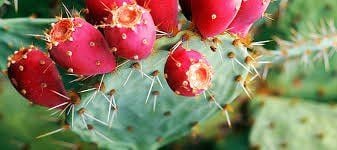
8. Drink in moderation or abstain
The severity of a hangover increases with the amount of alcohol consumed. Therefore, the best way to prevent hangovers is to drink in moderation or avoid alcohol altogether. The amount of alcohol needed to trigger hangover symptoms varies among individuals.
Some people experience hangovers after consuming just one or two drinks, while others require a larger amount. About 23% of people appear to be resistant to hangovers, regardless of their alcohol intake.
In conclusion, alcohol-induced hangovers cause unpleasant symptoms such as dizziness, headaches, fatigue, and nausea, typically occurring the morning after excessive drinking. Several strategies may help alleviate hangovers, including getting enough sleep, eating a nutrient-rich breakfast, drinking plenty of water, and avoiding beverages high in ethanol congeners. However, the best way to avoid hangovers is to drink alcohol in moderation or, even better, not at all.
Please dial HOTLINE for more information or register for an appointment HERE. Download MyVinmec app to make appointments faster and to manage your bookings easily.
To arrange an appointment, please call HOTLINE or make your reservation directly HERE. You may also download the MyVinmec app to schedule appointments faster and manage your reservations more conveniently.
